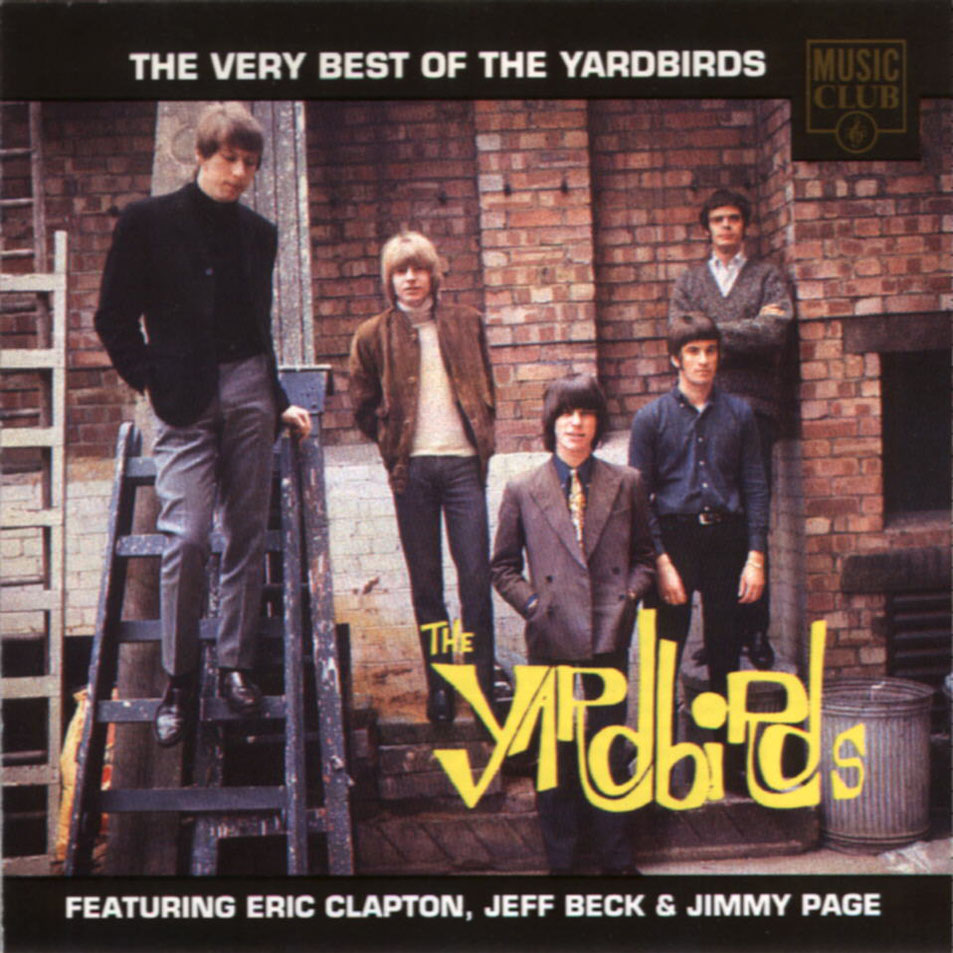
But he’s the sort of person that would be very intense as a friend for a while and then he’d move on and you wouldn’t see him.” I got to like him and we had a good relationship – a jokey, fun relationship, in a way. Looking back, McCarty described his former colleague as “a very dedicated player, always very enthusiastic about playing the blues. I still don’t think there is a better blues guitarist in the world than B. … When I came back up in it, turned on to B. I studied it and listened to it and went right down in it and came back up in it. … I just finally got completely overwhelmed in this brand new world. “You couldn’t have told the difference when I was with the Yardbirds," Clapton noted. “I played exactly like Chuck Berry for six or seven months,” he said of an approach that can be heard on the band’s first single, “I Wish You Would.” While his bandmates were exploring new music, Clapton was taking the opportunity to look further into the past. They never really had the sound that we got later on when we recorded at Chess in Chicago and Sun down in Memphis.” But they never sounded great in the English studios for some reason. You had to produce a great hit single in order to keep up. "Everything revolved around hit singles in those days. “He didn’t like the way we were going into a pop thing rather than a blues thing," he explained. McCarty admitted the track was a major contribution to Clapton’s departure. … I always knew it was gonna be a big song.” It had the percussive things with the bongos. “I liked it because it was very unusual,” drummer Jim McCarty told AZ Central of the pop single in 2018. He left before its release and didn’t take any part in its promotional campaign. But that song proved to be Clapton’s tripping point. Both Clapton and the group were gaining buzz by the time their third single, “For Your Love,” was released.

In his relatively short time with the band, he’d made a name for himself after the Yardbirds took over the Rolling Stones' spot at London’s iconic Crawdaddy Club.

People leaving groups in those days was dirty.” They weren’t too keen to have it known that I’d left. Then I got offered a professional job with the Yardbirds. “I didn’t stay with either of those bands for more than two weeks.

“I played with two amateur groups before in my spare time,” Clapton told Rolling Stone in 1968.


 0 kommentar(er)
0 kommentar(er)
